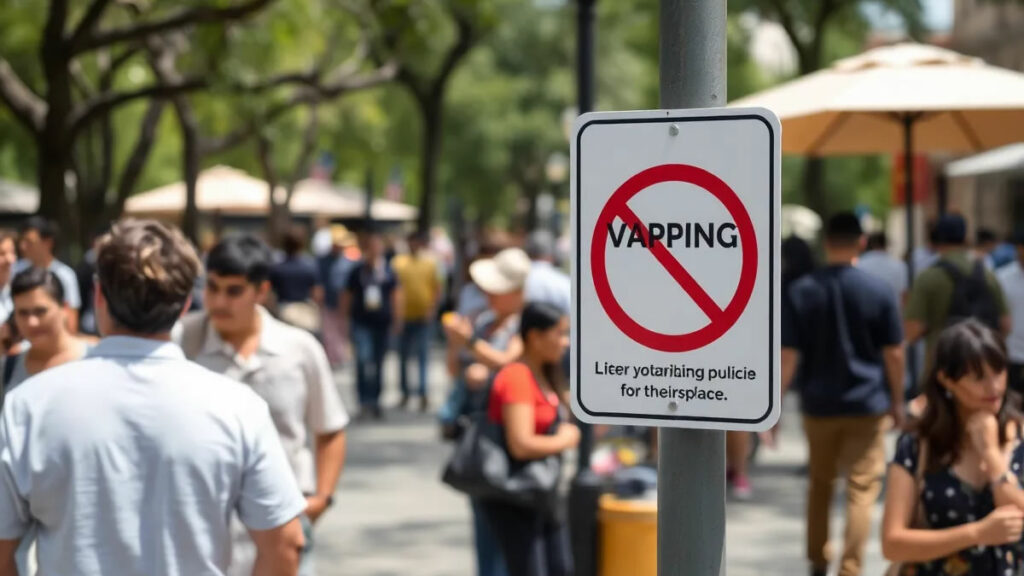Vietnam and the Maldives have joined a growing list of nations that have banned vaping, a move applauded by health experts and parent groups as an important step in protecting young people from nicotine addiction. The decision brings the total number of countries with vaping bans to approximately 33, including India, New Zealand, North Korea, and Brazil.
Vietnam introduced harsh penalties in 2024, with individuals caught using e-cigarettes facing fines of up to 2 million dong (US$78.50). Those involved in importing, trading, or producing vapes face even more severe consequences, with fines reaching 3 billion dong and prison sentences of up to 15 years.
The Maldives implemented a phased ban, starting with a prohibition on imports from November 15, 2024, followed by a ban on possession, sale, and distribution of vaping products from December 15, 2024.
Dr. Rajesh Gupta from Fortis Healthcare Noida explained to NewsDrum that nicotine from e-cigarettes is quickly absorbed into the bloodstream, triggering dopamine release and reinforcing addiction. Experts emphasize that while a ban is crucial, early intervention and public awareness are also essential to ensure youth stay away from these harmful products.
Mothers Against Vaping, an organization advocating for stricter regulations to prevent youth access to e-cigarettes, has praised the actions taken by countries like Vietnam, Belgium, and the Maldives. The group has consistently worked to raise awareness about addiction among children and youth.
The World Health Organization (WHO) has expressed global concerns over the increasing use of e-cigarettes among children, with youth vaping rates surpassing adult usage in many countries. The organization warns that without urgent intervention, this growing trend could lead to long-term public health risks.
While a ban may not entirely eliminate children’s and youth’s access to e-cigarettes, it serves as a deterrent, and strict enforcement can have a significant impact. Approximately 87 countries, including Belgium, have chosen to regulate electronic nicotine delivery systems rather than implement outright bans.
As more nations take action to address the vaping epidemic, it is clear that a multi-faceted approach involving legislation, enforcement, education, and public awareness is necessary to protect the health and well-being of future generations.
- Florida Proposes Public Smoking Ban: HB 389 Details - February 10, 2026
- Baden-Württemberg Expands Smoking & Vaping Bans: New Locations & Fines - February 5, 2026
- South Korea Classifies E-Cigarettes as Tobacco: New Rules April 24 - February 4, 2026


